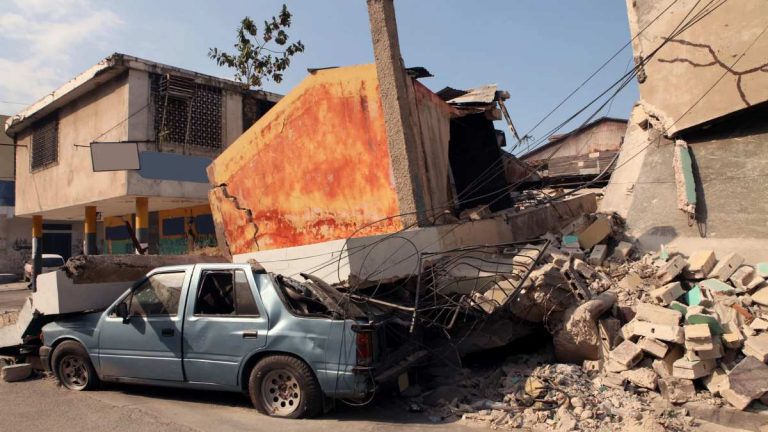
How to Prepare and Respond to Earthquakes
Earthquakes can strike without warning, causing widespread destruction and putting lives at risk. Get Ready Today!

Natural disasters can be terrifying and traumatic experiences for children, leaving them feeling vulnerable and helpless. As parents, guardians, and caregivers, it’s our job to help them heal and overcome the psychological impact of these events. Here are some practical tips for supporting children through natural disaster trauma:
Validate their feelings: Children may feel overwhelmed by their emotions after a natural disaster. It’s essential to validate their feelings and let them know that feeling scared, sad, or angry is normal. Reassure them that you’re there for them and that you love them.
Establish a sense of routine: Routine can help to provide a sense of stability and normalcy after a natural disaster. Encourage children to stick to their regular routines as much as possible, including eating, sleeping, and school schedules.
Encourage open communication: Encourage children to talk about their experiences and feelings. Listen to what they have to say and provide reassurance and support. Answer their questions honestly but in a way that is appropriate for their age and understanding.
To dive deeper into the concept of open communication, check out our related article: “Nurturing Child Development: The Power Of Open Communication.”
Provide opportunities for play and recreation: Play and recreation can be powerful tools for healing. Encourage children to participate in physical activities, games, and other fun activities that help them to relax and feel happy.
Seek professional help if needed: If a child is experiencing severe trauma symptoms, such as persistent nightmares, avoidance behaviors, or severe anxiety, it’s important to seek professional help. A mental health professional can provide therapy and support to help children overcome their traumatic experiences.
Create a support network: Connect children with friends, family members, or community groups who can provide emotional support and encouragement. Encourage them to share their experiences and feelings with others who understand and care.
Emphasize hope and resilience: Help children to focus on their strengths and the positive aspects of their lives. Encourage them to think about what they have to be grateful for and what they can do to help others. This can help them feel more resilient and hopeful in facing adversity.
In conclusion, helping children overcome natural disaster trauma requires a supportive, compassionate, and proactive approach. By validating their feelings, establishing a sense
Also Read

Earthquakes can strike without warning, causing widespread destruction and putting lives at risk. Get Ready Today!

Get Your Resources to Your Email Now!
Comment (1)
Ester kresnah
Accompanying children is important in forming mentality and eliminating trauma…by providing psychological assistance
Pray for turkey 🙏🏼